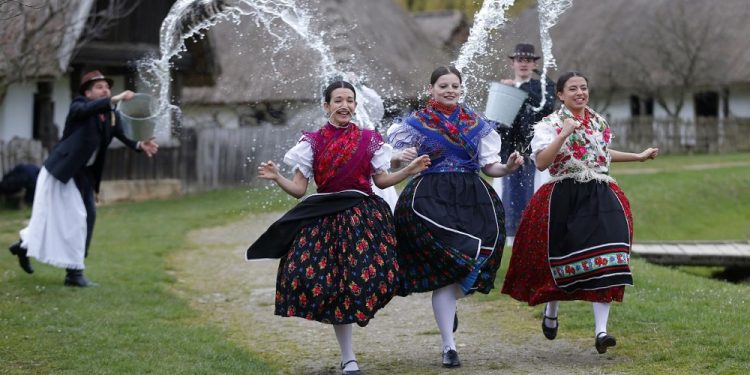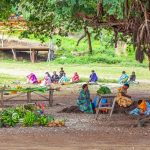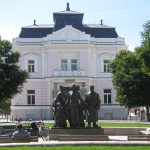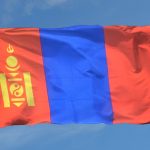
Dyngus day
Dyngus Day – also known as Lany Poniedziałek and Dingus Day in many Polish American communities – is a holiday that falls on the Monday immediately after Easter Sunday. It is a day that not only celebrates Polish culture but is also a day to blow off a little bit of steam after the restrictions imposed by Lent have ended. This holiday can be traced all the way back to a holiday called Śmigus-Dyngus that is widely associated with Poland but is also observed in parts of Central, Eastern, and Southern Europe.
History
It is believed that the origins of this holiday can be traced back to the 10th century when Mieszko I of Poland had mass baptisms performed all over the country to convert the mainly pagan population of the country to Christianity. Before this time, Śmigus and Dyngus were two separate religious festivals to celebrate two different pagan gods. Dyngus was a god that represented water, and Śmigus was a god that represented thunder. Therefore, it is said that the Christian baptism ritual was used to change the nature of these pagan deities.
The tradition was brought to the United States by Polish immigrants, and records of it being celebrated in this country can be found going back all the way to the 19th century. Today it is celebrated in many cities across the U.S., particularly ones that have large Polish populations such as Chicago, Illinois; South Bend, Indiana; Pittsburgh, Pennsylvania; Bristol, Connecticut; Elizabeth, New Jersey; Cleveland, Ohio; and Buffalo, New York.
Customs, Traditions, and Celebrations
Traditionally, people would trick or treat from house to house – much in the same way that it is done on Halloween – to secure Easter eggs. However, this tradition fell off after the 1930s and is now only practiced by a few communities in the U.S.
One of the most common traditions on Dyngus Day that has made it from the ancient tradition to the modern tradition is for boys to douse girls with buckets of water, squirt guns, and wet towels. It is also common for boys to lightly hit girls with a switch on the back of their legs. It is also common in many Polish American communities that some kind of festival is held featuring plenty of Polish food such as placki ziemniaczane (potato pancakes), rosół (chicken noodle soup), barszcz (Polish red borscht), Polish hot dogs, pączki (custard-filled donuts), and pierogi (dumplings filled with potatoes, cheese, meat, or fruit). Polka dancing is also very common at these large community festivals.








